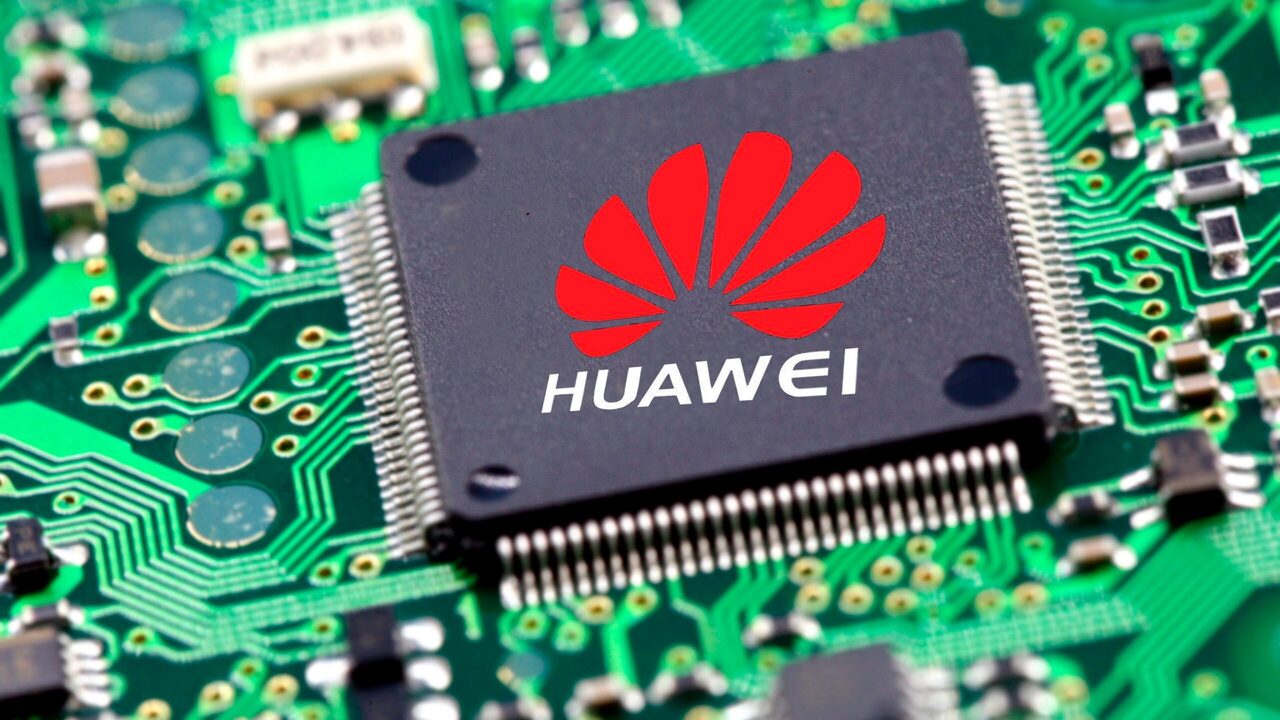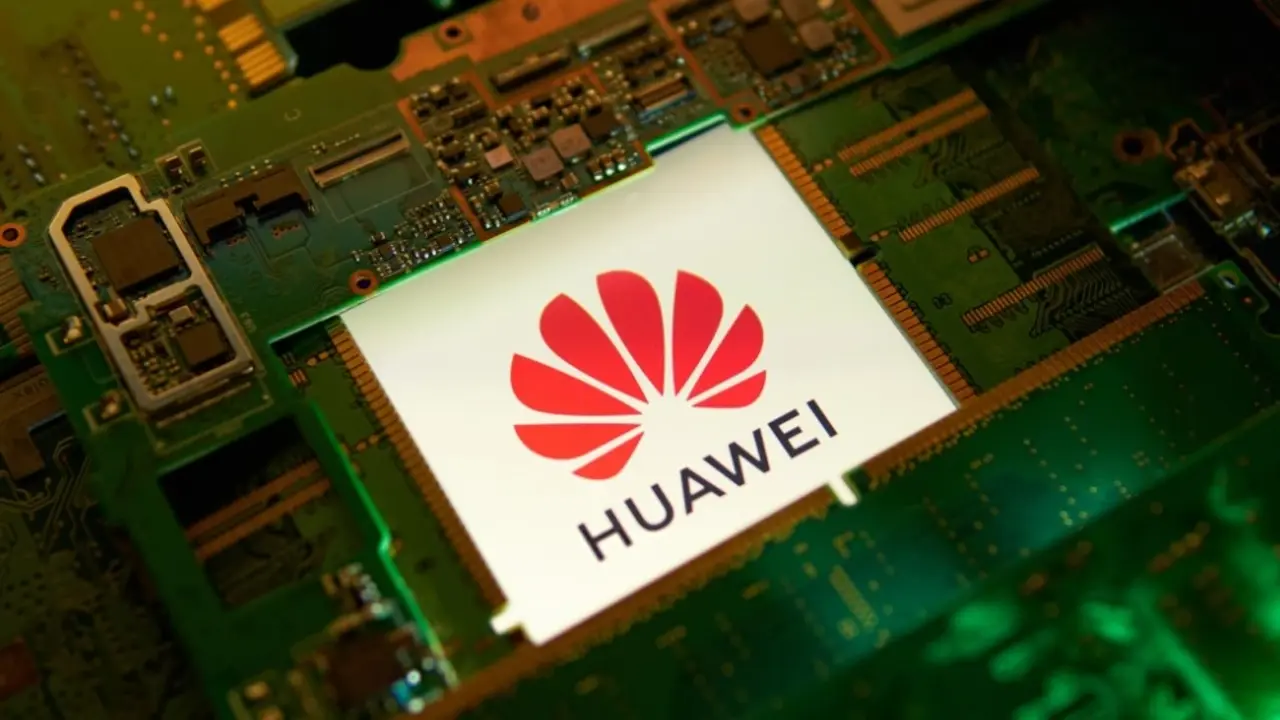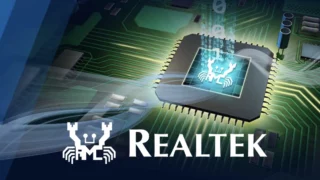Huawei has officially postponed the production of its new artificial intelligence accelerator Ascend 910C to the end of the year due to heating and supply chain problems. While the Chinese technology giant aims to increase its market share against Nvidia’s ambitious products that are under embargo; the technical and software problems it has encountered have disrupted its plans.
Huawei is postponing the production of its new chips
The overheating problems and low performance in the Ascend 910C accelerator have caused major customers, especially Alibaba, to hesitate to place orders. In addition, the CANN software platform developed by Huawei cannot offer sufficient performance compared to Nvidia’s widely used CUDA platform.

The production of the Ascend 910C was planned to be carried out on SMIC’s 7nm+ production process. However, this process was delayed due to supply problems and performance problems. The postponement of production until the end of the year will seriously delay Huawei’s expected breakthrough in the field of AI accelerators.
This also coincides with the launch of Nvidia’s new B40 chip, which is more affordable but has limited performance. It can be said that Nvidia has gained a significant advantage in the market with this development. In addition, the resulting technology gap will allow competitors such as AMD to take a more active role in the market.
These setbacks that Huawei has encountered have temporarily weakened the company’s competitiveness in the field of AI accelerators. So what do you think about this? Do you think the decision taken by Huawei management is correct? You can easily share your views with us in the comments section below.













